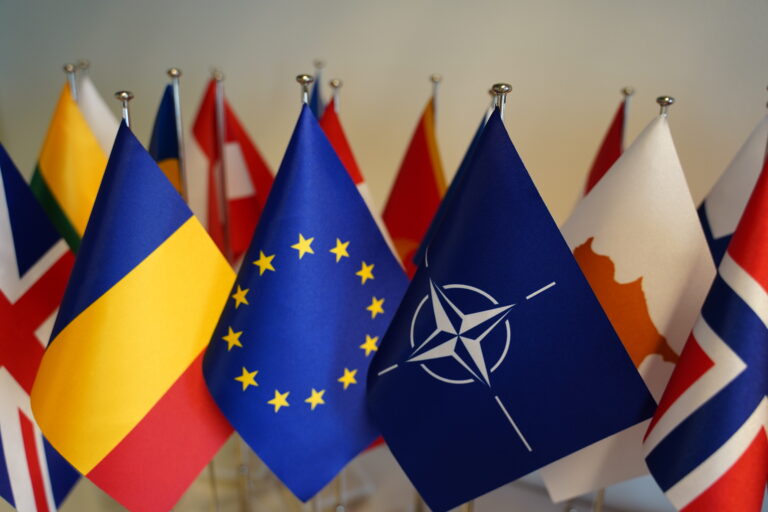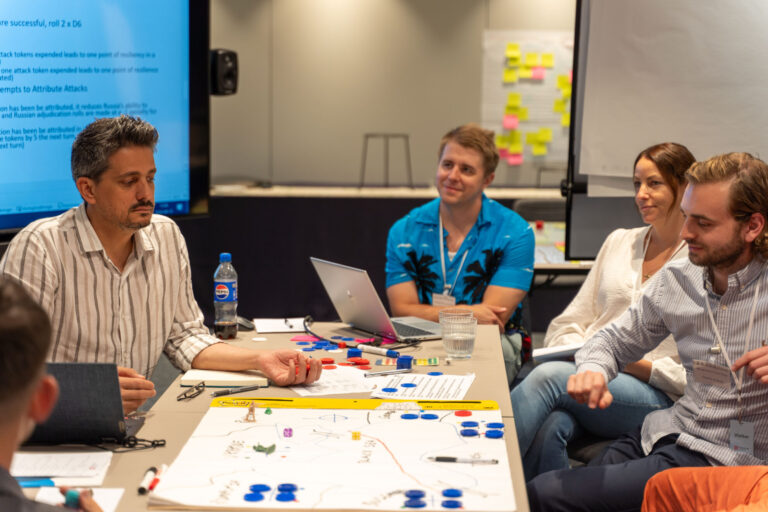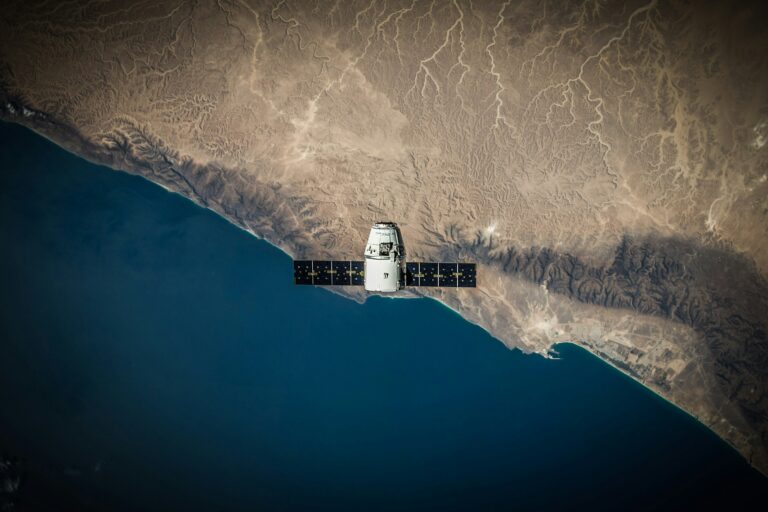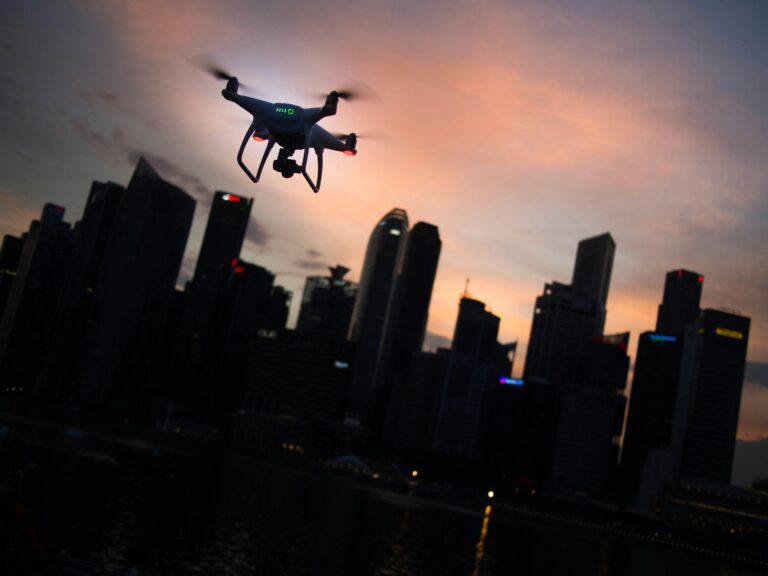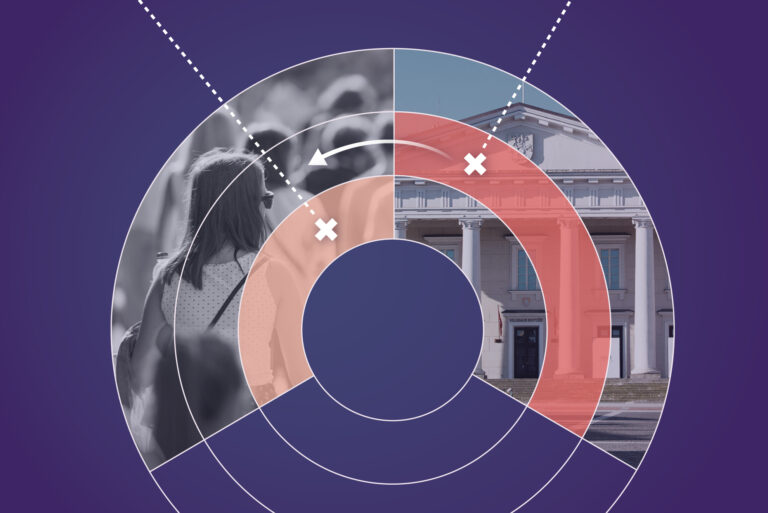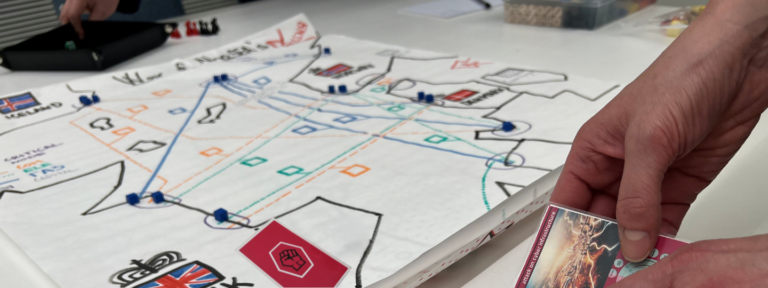Hybrid CoE cooperated with the NATO Command and Control Centre of Excellence (NATO C2COE) by organizing a panel discussion for C2COE’s annual Command and Control seminar in November. Colonel Soenke Marahrens, Director of COI S&D at Hybrid CoE, planned and moderated a discussion on What and how NATO can or should learn from new and aspirant NATO members.
Research Fellow Minna Ålander from the Finnish Institute of International Affairs identified geography, demography, and perception as decisive factors for Finland’s high degree of societal and governmental resilience, and the success of the Finnish comprehensive security concept.
Dr Viktoriya Fedorchak from the Swedish Defence University reviewed the Swedish concept of total defence, which was developed after the Second World War and consists of four pillars: civil, military, economic, and psychological. Since the late 1990s, Sweden has adapted to the new security paradigm by drastically reducing its defence budget and downsizing its armed forces. However, the annexation of Crimea in 2014 triggered a rethink within the Swedish government.
Colonel Mietta Groeneveld, Director of the NATO C2COE, pointed out that in the future, NATO Command and Control must be more aware of the strong sovereignty of NATO allies. Executing command and control in Europe is different from C2 when NATO deploys forces in regions with weak or almost no governmental powers.
Colonel Soenke Marahrens added that in addition to the challenges and opportunities presented by new technologies such as artificial intelligence, as discussed earlier in the seminar, there is also both an opportunity and a need to learn from Sweden and Finland when it comes to NATO’s future collective defence.

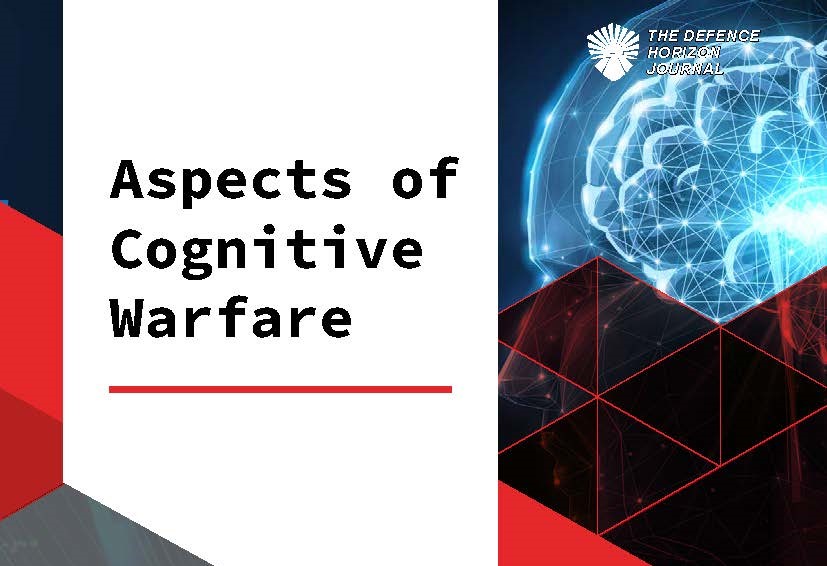
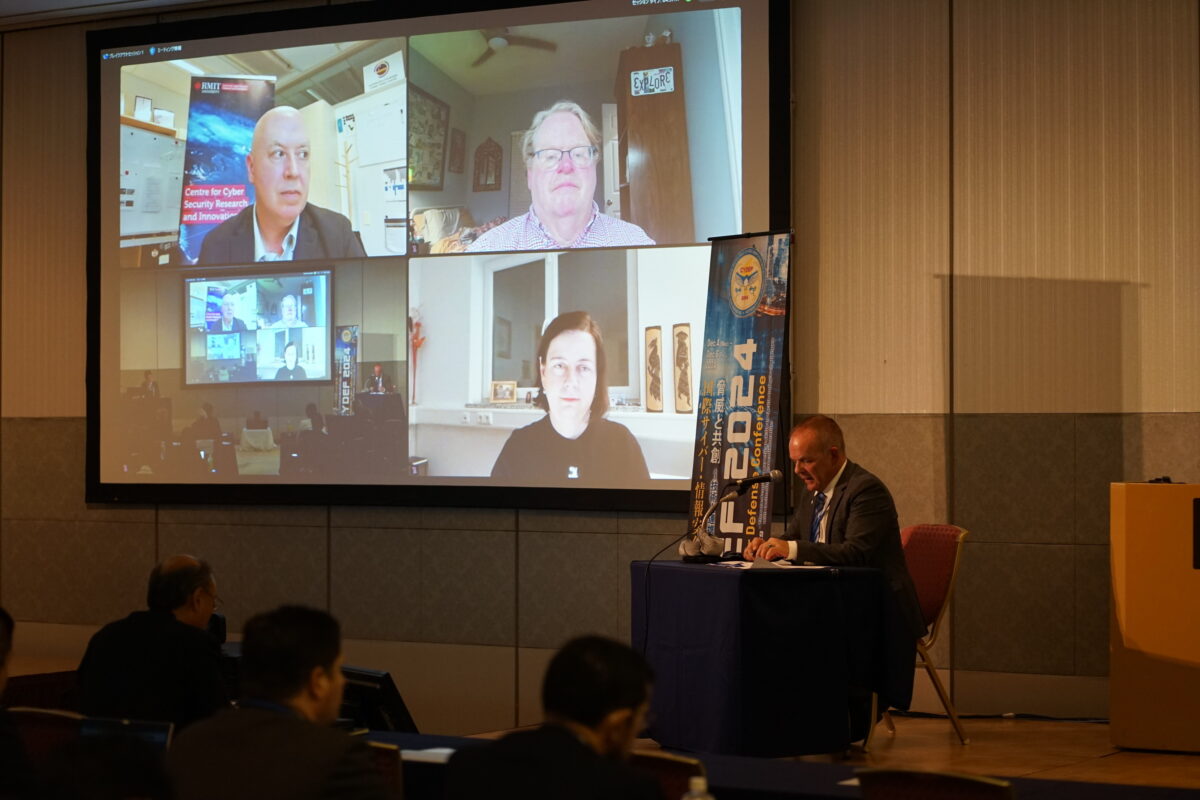
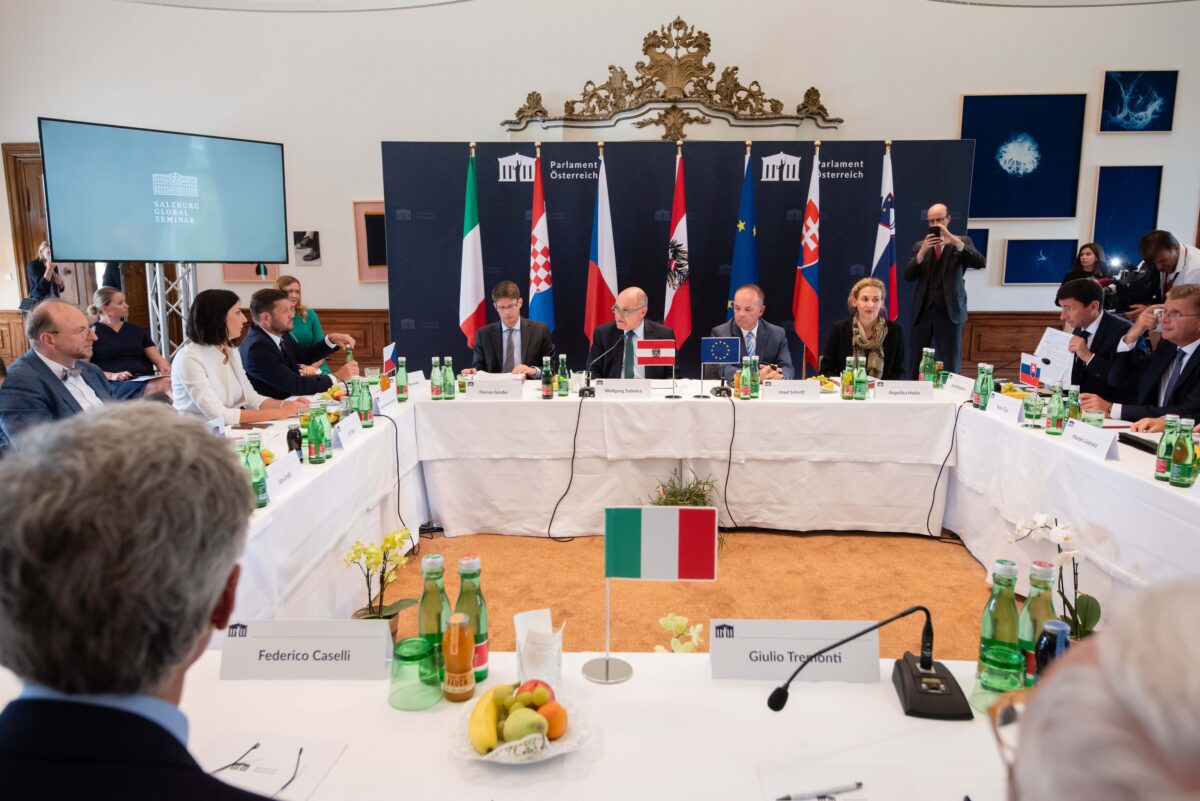

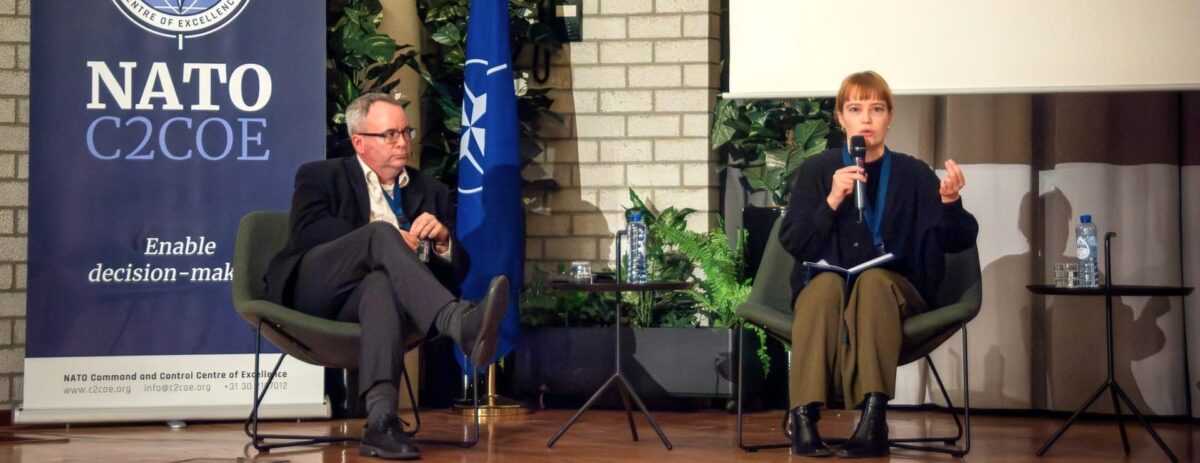
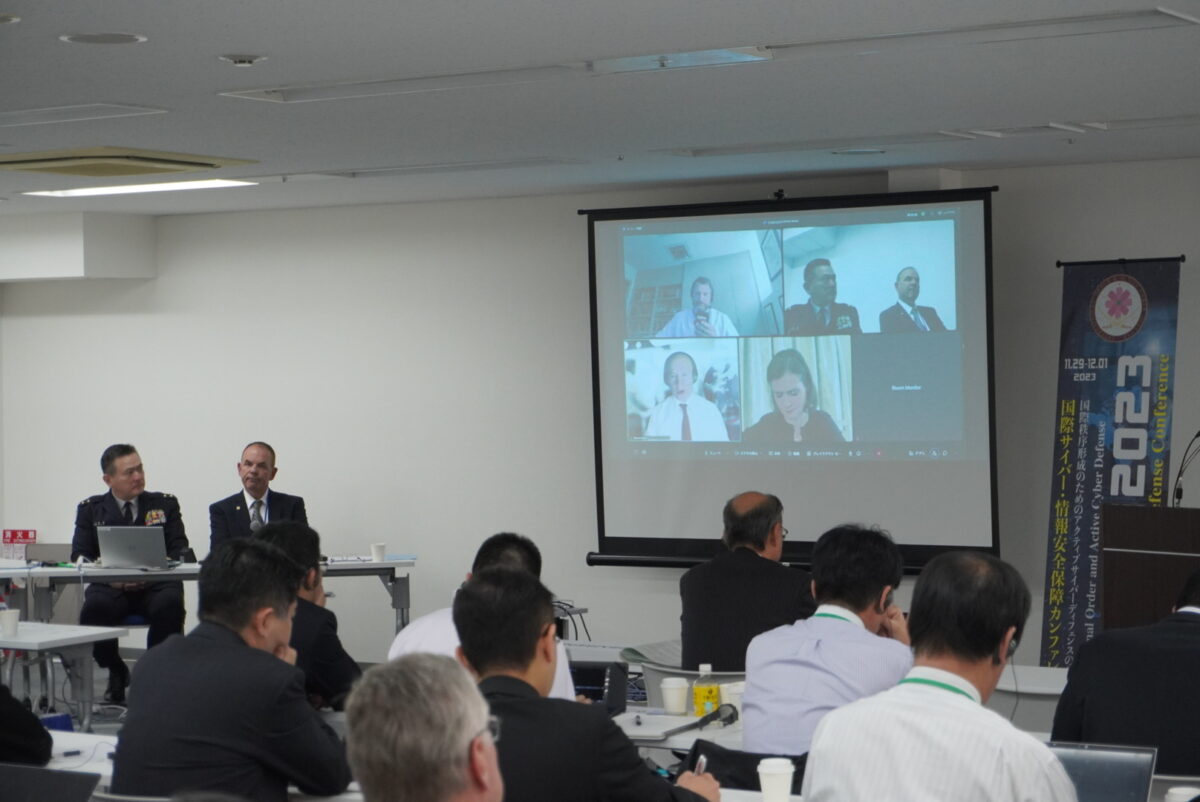

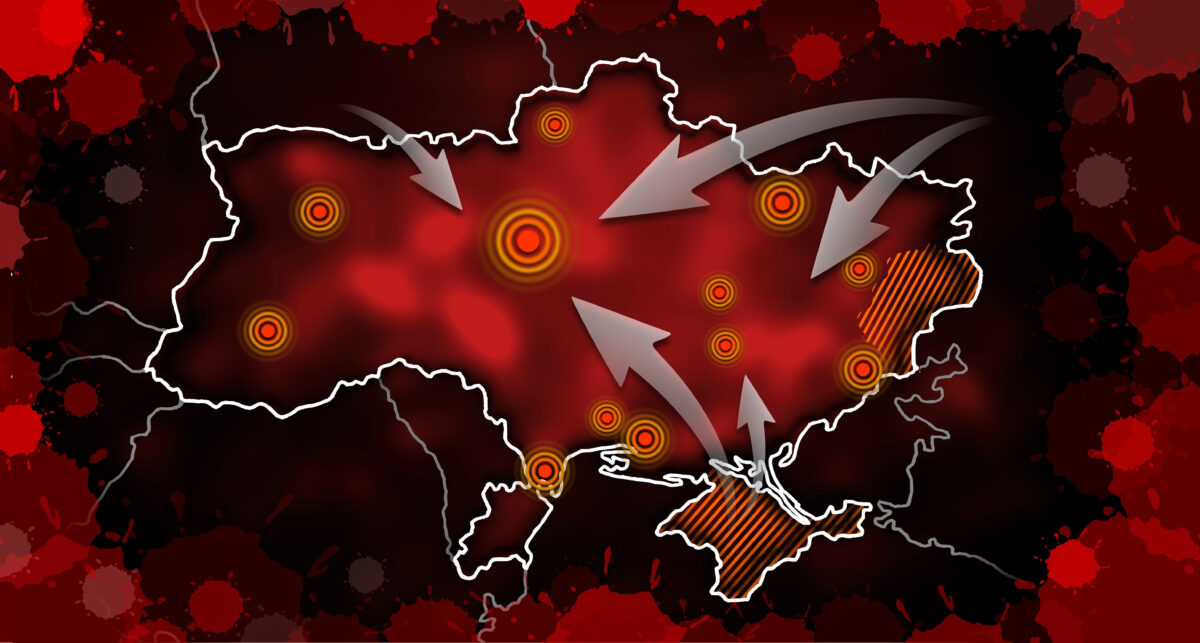
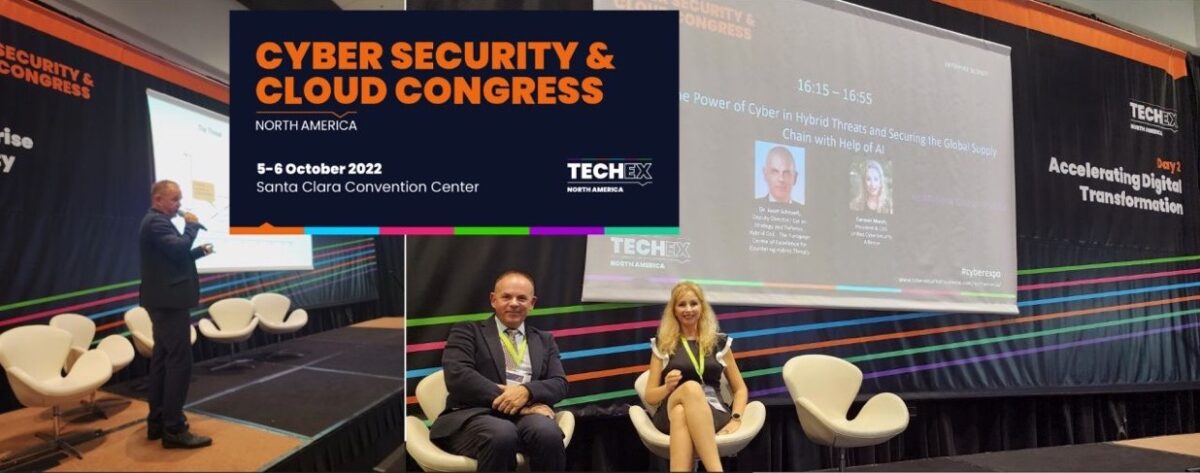
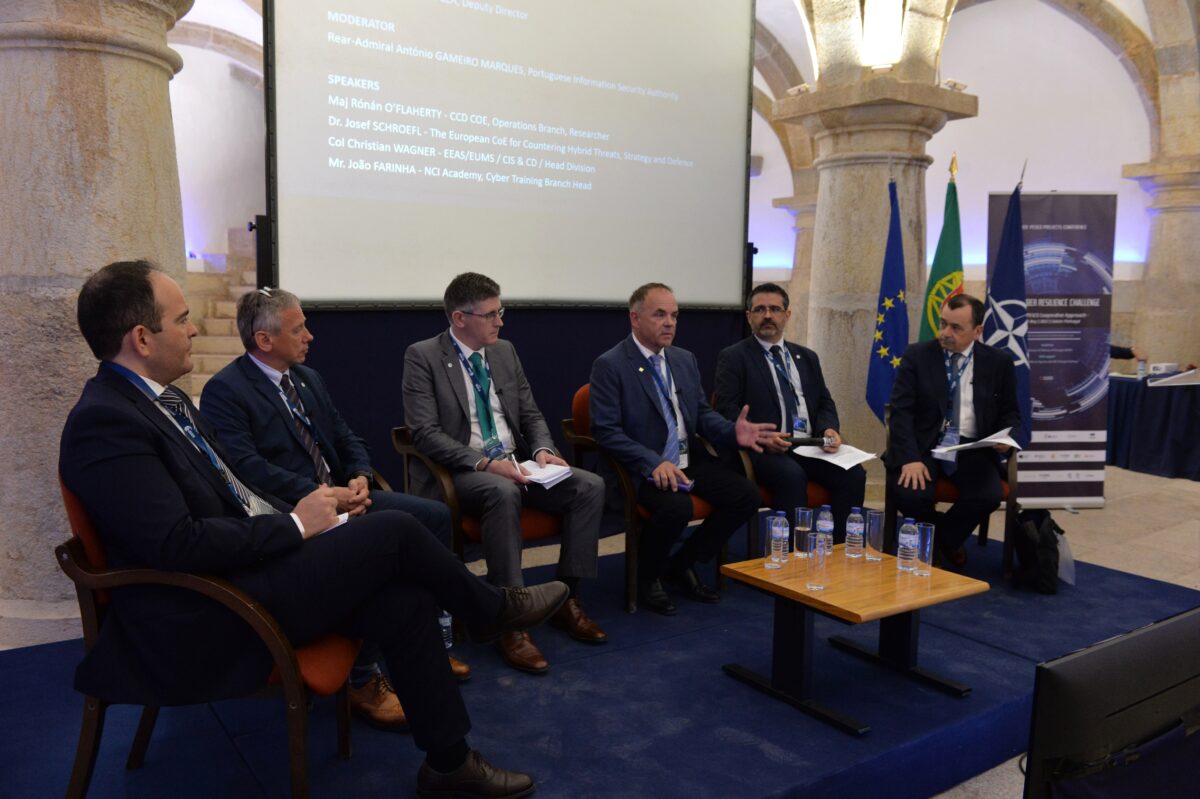
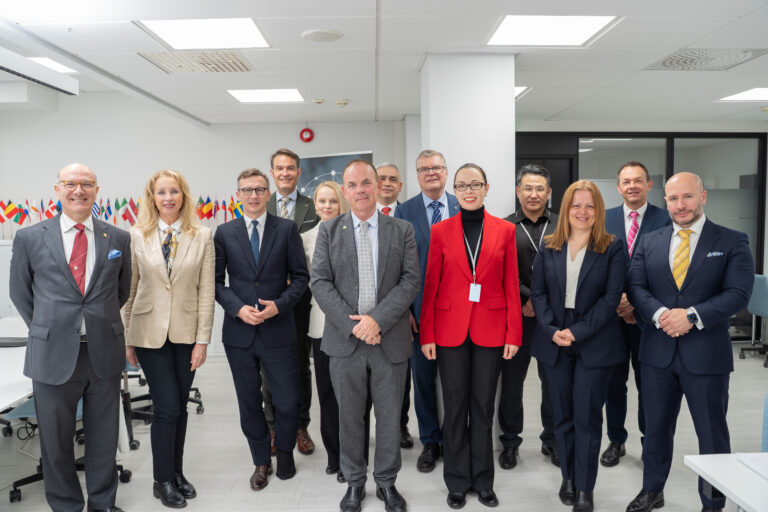


 Hybrid CoE Paper 24
Hybrid CoE Paper 24 